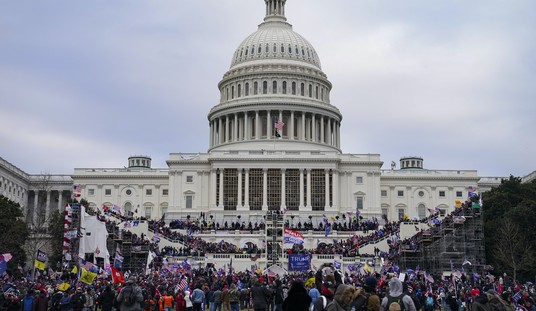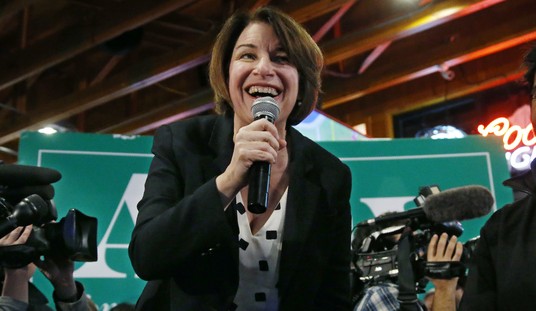
The Washington Post treats us to a particularly fact-free, faith-based, disingenuous sermon from the Secular Gospel of Keynes entitled Sequestration Stupidity. The preacher, Harold Myerson, perhaps has handled one snake too many and the venom has enstupidated his brain. It seems he doesn’t care for sequestration. It makes him sad that government just can’t spend whatever it bloody well pleases. He laments the evil of people who believe that governments should live within a budget.
Like an uninspired, hung-over reverend, Myerson attempts to preach a set of moral values he does not practice using a parable that represents the world as the world is not. We get treated to homilies of the sort that follow below.
From British Laborite Ramsay MacDonald to the German centrist Heinrich Bruning to American conservative Herbert Hoover, leaders cut spending to bring their budgets into balance. These austerity policies proved an unmitigated disaster. By reducing government spending while business and consumer spending were tanking, these heads of government constricted all economic activity.
At this juncture, I regret to inform Mr. Myerson that Winston Smith is not at his desk at The BLS. The information Harold Myerson brutally misrepresents has not been adequately archived in the fiery memory-hole of Orwellian Yore. Here’s what Herbert Hoover actually did after the market crash of 1929. Donald J. Boudreaux of Café Hayek tells us what really happened. They didn’t call it the Hoover Dam because it’s funding got sequestered before completion.
U.S. government spending rose during every year of Hoover’s administration. In 1932, Hoover’s last full year in office, nominal spending was 52 percent higher than it was in 1929, the year he took office.* Given that these years were ones of deflation, the increase in real spending was even larger. And as for balancing the budget, by 1932 Uncle Sam’s budget deficit, at $2.7 billion, was 4 percent of GDP – then the third-largest budget deficit in U.S. history.**
So how do we avoid the evil effects of a policy that Herbert Hoover tried the exact diametrical opposite of? Here’s what Myerson predictably suggests.
Unlike their predecessors, today’s leaders have models on how to revive depressed economies. The example of Franklin Roosevelt, whose public investments in jobs and defense turned the U.S. economy around, and the writings of John Maynard Keynes, who demonstrated that the solution to depression is boosting demand, are plain for all to see.

A more accurate sermon to preach would go as follows. It could start with Genesis (41: 26-27) where Joseph interprets the Pharaoh’s dream…
The seven good kine are seven years; and the seven good ears are seven years: the dream is one. And the seven thin and ill favoured kine that came up after them are seven years; and the seven empty ears blasted with the east wind shall be seven years of famine.
Of course in interpreting the dream, Joseph came up with a solution set that seems beyond Harold Myerson’s realm of comprehension. Joseph told the Pharaoh to lay aside the wealth from the good years and build up a store against the coming badness. He also told him to ration things out when the famine hit so that there would still be food during Year Seven. At no point did Joseph ever advise the Pharaoh to deliberately binge during years 1-4 of the famine just to give aggregate demand a good goose in the rear.
Because the truth about what President Herbert Hoover did and did not do does not paint the picture Myerson wants depicted, it gets “embellished.” It gets Embellished to the point where Myerson’s version of Hoover’s budgetary and spending decisions bears no remote resemblance to actual reality’s version of President Hoover’s efforts to deal with the economic crash of 1929.
At some point along his road to Keynesian Damascus, Myerson should realize that if he has to lie that badly to make his moral point, perhaps his moral point is not particularly decent or moral. At which time the scales could fall from his eyes. But spending money you do not have is the only cure a Keynesian will ever suggest. I guess this particular Keynesian hasn’t kicked the cactus enough times to notice how much it hurts.














Join the conversation as a VIP Member